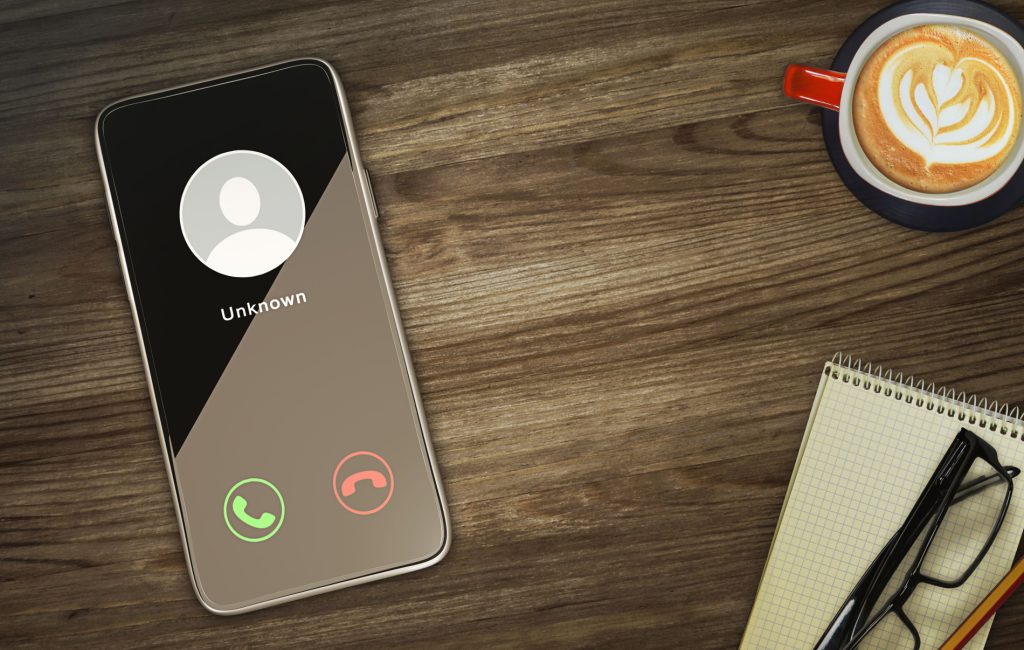The sisterhood is not okay
It is not at all uncommon for a candidate to tell me that they don’t want a female Manager and when asked why, the reasons are not always clear. It is often as a result of a past experience of being undermined. Perhaps it is because of the sisterhood we expect more from our female
The Me Too movement was founded in 2006 by sexual assault survivor and activist, Tarana Burke who started the movement in response to her own experiences. In 2017, following allegations against Hollywood film producer Harvey Weinstein (now a convicted sex offender), Me Too gathered enormous speed, becoming a global social movement with a fundamental emphasis on sexual harassment and assault within the workplace.
The movement shone a necessary and very bright light on a dark and insidious workplace problem and led to widespread discussions about what can and should be done to raise awareness, achieve justice for those impacted and put an end to workplace harassment of any kind.
Nobody can deny how crucial this was and remains to be.
I haven’t had a “Boss” for more than 16 years (though I have often felt like a sherpa to my nine-year-old so it’s kind of the same thing.) Prior to starting Pure Source Recruitment, I had 10 years in recruitment, reporting to female leaders, before this, I had 2 or 3 other roles. In 30 years, I have only ever worked directly for one male employer when I was a gymnastic coach in my early 20’s. Though my employer, he was also a good friend and we all worked from an office in his backyard. His grandmother (gran) would serve us lime cordial and biscuits for morning tea.
As far as workplace culture goes, gran was ahead of her time.
Some may argue that my lack of experience in working for men might mean that I am ill-informed to comment on such matters, but I have interviewed hundreds of candidates who have shared their stories and I have met and recruited for hundreds of employers.
Contrary to what you may assume, this is not an article about men and their behaviour. Rather, this is an article about the behaviour of women.
I will never stop advocating for women in the workplace. For gender equality, closing the pay gap, for more women on Boards, childcare reform that allows those who want to return to work to do so, for flexibility and opportunity.
You see, these issues will always be of concern but there is something else that has been playing on my mind of late and it is that I’ve noticed that the sisterhood seems to have, well, taken some leave.
Rightfully so, we have spent time and energy bringing to light the awfulness of sexual harassment, campaigning for men to treat women with respect and for workplaces to be free of sexism and misogyny, but in pursuit of this we may have lost sight on how women should treat other women. From where I sit in the interview room, I have come to notice that women need to do better and be kinder to one another. To be clear, this is not an open letter to all women, but if my suspicion is right, we all know of a friend, colleague or family member where my opinion rings loud and true.
There is no straight-forward answer to the question of Why? There are many factors at play here. As girls, have we been conditioned to be more Mean Girls than Golden Girls? When I was in high school the mean girls were the cool girls, I hope this is no longer the case, but I have friends with teenage daughters and I am not so sure. These same girls are finishing their homework and then switching on to watch reality television, intentionally created with conflict the agenda, marketed and dressed up under the guise of ‘entertainment’. Would MAFS rate so well if the women were empowered to get along? The answer is a despondent no.
It seems too simplistic to blame social media and the rise of cancel culture though it is hard not to think that it is complicit in the problem. In the past week I have had two separate interviews where this has been the case. I interviewed a candidate who worked in a group of about 5 other females. She shared several stories (relative to her reason for leaving) that demonstrated passive aggressive interactions that played out on social media. The kind of behaviour that you would (sadly) expect from schoolgirls (therein lies another part of the problem) and not from a group of working women employed to work together.
I just don’t think social media should be the scapegoat.
In a recent article, Jamila Rizvi of Future Women referred to an academic study (Gender in Management) that found that though women didn’t consider gender to be a predictor of good management, they still preferred not to work for another women.
It is not at all uncommon for a candidate to tell me that they don’t want a female Manager and when asked why, the reasons are not always clear. It is often as a result of a past experience of being undermined. Perhaps it is because of the sisterhood we expect more from our female peers, so when those expectations aren’t met we feel let down.
Reinforcing gender stereotypes, women will often compete with other women and it is no wonder we are all tired. A competitive workplace need not be a terrible thing. Competition can help motivation, help achieve goals and cultivate creativity. It becomes problematic when competition turns colleagues into competitors, the view that we see others as potential threats. Threatening ambition and career progression, believing that opportunities are limited and invitations to sit at the leadership table scarce. Forgetting that blowing out someone’s candle does not make your candle shine brighter.
Last month Vogue Living published a feature article where Zoe Foster-Blake opened the doors to her stunning, newly renovated home. The photos show that it is nothing short of spectacular but when the online news sites picked up the story, what ensued a perfect representation of the tall poppy. Though many people commented on the home (and Zoe’s) fabulousness, there were many others who could not hide their vitriol. The relevance this has to women in the workplace is that most of the negative comments I read were by women and directed to Zoe. “Who does she think she is?” “Nice for some” and yet it is also the home of Hamish Blake. You don’t have to look far to see that Hamish’s success is deservedly applauded but Zoe’s is less so. I cannot help but think there is a link here.
From the privileged position of working with women who I like, and who are kind and decent human beings, it is perhaps blindly optimistic of me to suggest that the answer is indeed simple. That is we just need to be kinder and more empathetic. We should try to work with the understanding that you never know what is going on beyond the confines of the office and to lead with compassion, regardless of gender.
Are you looking for your next job?
With long term success, and well established industry experience, Pure Source Recruitment continues to deliver specialist recruitment services that can help you reach your career goals.
You can find some of our current jobs available listed here.









